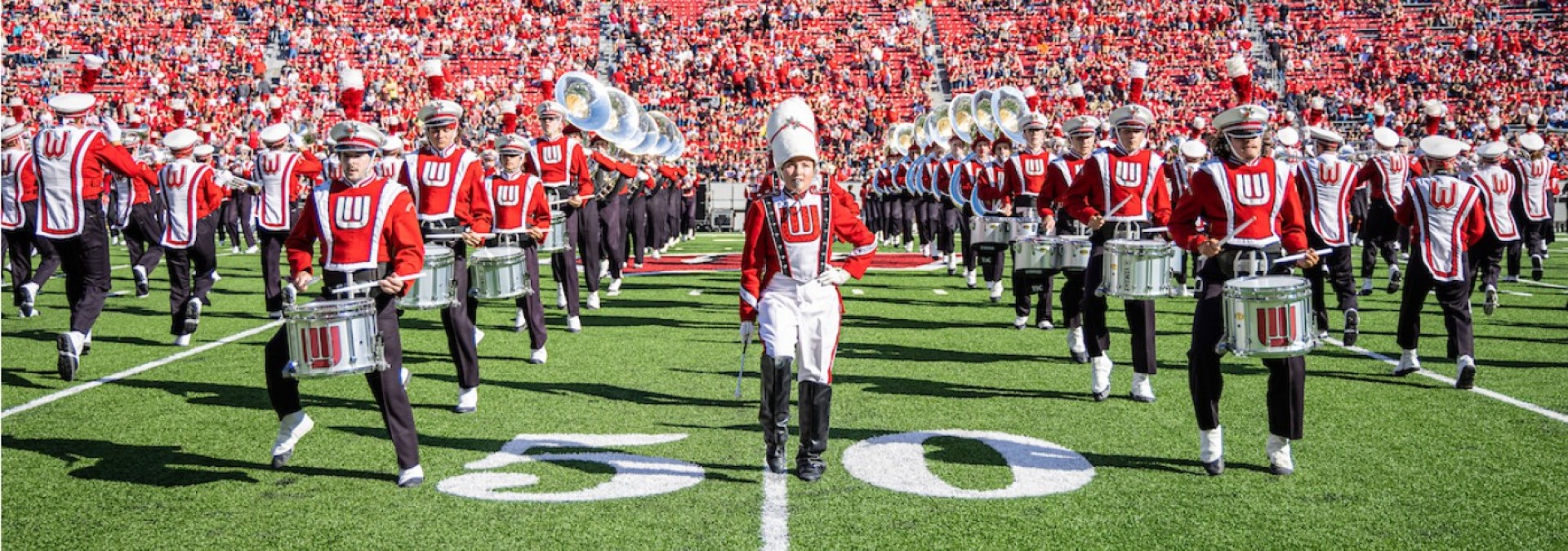×
Glossary
Alumni: Former students who have graduated from a school or program. Tracking their success can give insight into the quality and impact of a music program.
Audition: A performance given to show musical skill, typically used to determine acceptance into a program, ensemble, or scholarship opportunity.
Chamber Music: A form of classical music composed for a small group of instruments, typically performed without a conductor. Schools may offer opportunities for students to play in chamber ensembles.
Conductor: The person who leads an ensemble (band, orchestra, choir) by guiding tempo, expression, and coordination among performers.
Conservatory: A school that focuses exclusively on the study of music or the arts. Conservatories typically offer intense performance-based training.
Curriculum: The collection of courses and content offered by a school or program. A music curriculum includes music theory, history, private lessons, ensemble work, and more.
Ensemble: A group of musicians who perform together, such as a band, orchestra, choir, or jazz combo. Ensemble participation is often a key part of a music student’s training.
Faculty: The teachers and professors at a school. In music programs, faculty may include professional musicians, conductors, composers, or music educators.
Jazz Combo: A small group of jazz musicians (often 3–6 performers) that work together to perform jazz pieces, typically with more improvisation than large ensembles.
Marching Band: A band that performs while marching, often at football games or competitions. Some programs (especially in states like Texas) are nationally recognized for excellence in this area.
Performance Opportunities: Chances for students to perform in recitals, ensembles, operas, competitions, etc. These experiences are essential for building skills and resumes.
Recital: A concert featuring a student’s solo or small group performance, often required as part of a degree program.
Repertoire: A collection of pieces a musician is prepared to perform. Repertoire is often chosen for auditions, recitals, and juries.
Symphony: A large-scale orchestral piece, or the orchestra that performs it. Students in performance programs may play in symphonies as part of their training.
Technique: The physical skill and precision required to play an instrument or sing well. Strong technique is essential for successful auditions and performances.
Theory (Music Theory): The study of how music works—including notation, scales, harmony, rhythm, and form. Music majors are often required to take theory courses.


.png) ARTICLE GLOSSARY
ARTICLE GLOSSARY

.png)
.png)


.jpg)
.jpg)

.jpg)

.png)




.jpg)
.png)










.jpg)


.jpg)
.jpg)
.jpg)
.jpg)
.jpg)

.png)
.png)

